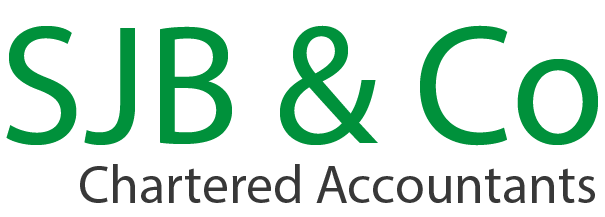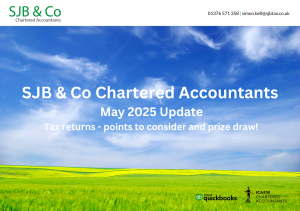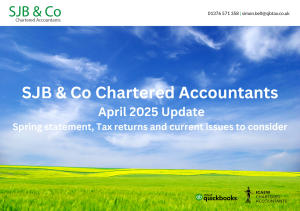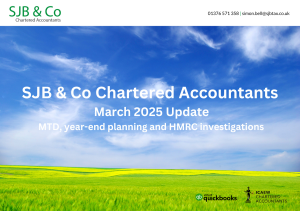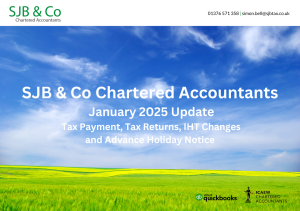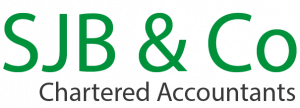How will budget changes affect you?
The Chancellor, Rishi Sunak, presented his 2021 Budget on 3 March 2021.
The extent to which the measures will affect you will depend on your personal circumstances. This report is split for your convenience into three sections:
- Impact on individuals
- Impact on the self-employed
- Impact on small company owners
Impact on individuals
Personal allowance and income tax thresholds frozen
The personal allowance is increased in line with inflation to £12,570 for 2021/22. However, it will remain at this level for the next five years, until April 2026. The basic rate band will also remain at £37,700 for the next five years, freezing the starting point for paying higher rate at £50,270 until April 2026.
If your income increases during this period, for example, your pay rises in line with inflation, you may find that you move into the higher rate band, paying tax on some of your income at 40% where previously you were a basic rate taxpayer.
The basic rate of tax will remain at 20%, the higher rate at 40% and the additional rate at 45%.
Covid support continues
The Coronavirus Job Retention Scheme is extended until 30 September 2021. This means that if you have been furloughed or flexibly furloughed, you will continue to be paid 80% of your normal wages for your unworked hours, subject to the cap of £2,500 per month.
If you are self-employed and your business has been adversely affected by the Covid-19 pandemic, you will be able to claim two further grants under the Self-Employment Income Support Scheme.
Pension lifetime allowance frozen
The pension lifetime allowance will not be increased in line with inflation over the next five years. Instead, it will remain at its current level of £1,073,100 for 2021/22 to 2025/26. This may affect you if you already have pension savings at or near this level. If this is the case, you should review the amount of your pension pot before making further tax-relieved contributions.
Pension savings more than the lifetime allowance are taxed at 25% if the excess is taken as a pension, and at 55% if it is taken as a lump sum.
SDLT threshold to remain at £500,000 until 30 June 2021
The temporary increase in the SDLT threshold to £500,000 will remain in place until 30 June 2021. It will then fall to £250,000 until 30 September 2021, returning to the standard amount of £125,000 from 1 October 2021. If you are looking to move to a new house or to buy an investment property, there is still time to benefit from the higher threshold.
These comments refer to rates in England and Northern Ireland, the devolved administrations of Wales and Scotland may set alternative rates.
Inheritance tax nil rate band to remain at £325,000
The inheritance tax nil rate band will remain at its current level of £325,000 until April 2026. The residence nil rate band, available where your main residence is left to a direct descendant, also remains at its current level of £175,000 until April 2026. This should be considered when undertaking inheritance tax planning.
Impact on the self-employed
Two further grants available under the SEISS
If you are self-employed and you continue to be adversely affected by the Covid-19 pandemic, you will be able to claim two further grants under the Self-Employment Income Support Scheme (SEISS).
The fourth grant under the scheme covers February to April 2021. It is worth three months’ average profits capped at £7,500. It can be claimed from late April.
The fifth and final grant covers the period from May to September 2021. The amount of the grant will depend on the impact that Covid-19 has had on your profits. If your turnover has fallen by 30% or more because of Covid-19, you will be able to claim a grant equal to 80% of your average profits for three months, capped at £7,500. However, if your turnover has dropped by less than 30%, you will be entitled to a reduced grant of 30% of three months’ average profits, capped at £2,880. The final grant can be claimed from late July.
Remember, you can only claim the grant if you have been adversely affected by the pandemic.
Grants received under the scheme are taxable and must be considered in working out your profits.
Help for the newly self-employed
Support under the SEISS was not available to traders who commenced self-employment in 2019/20 – to qualify a tax return had to be filed for 2018/19. However, as the deadline for filing the 2019/20 tax return has now passed, you may be eligible for the fourth and fifth grants if your 2019/20 tax return was filed by midnight on 2 March 2021. To qualify, your business must be adversely affected by the pandemic and your profits from self-employment must be at least 50% of your income and less than £50,000.
Carry-back period for losses extended
The period for which losses may be carried back is temporarily extended from one year to three years. For unincorporated businesses, the extended carry-back will apply to losses made in 2020/21 and 2021/22. Losses must be set against a later period before an earlier period.
If you have suffered losses due to Covid-19, carrying back losses for up to three years may generate a most welcome tax repayment.
Impact on small companies
Tax-efficient extraction of profits
For 2021/22, the primary threshold for Class 1 National Insurance purposes increases to £9,568, the secondary threshold to £8,840 and the personal allowance to £12,570.
If you extract profits by taking a mix of salary and dividends, the optimal salary level for 2021/22 (assuming you have not used your personal allowance elsewhere) will be equal to the primary threshold of £9,568 (equivalent to £797 a month) if you are not entitled to the employment allowance. This will be the case if you are a personal company with only one employee who is also a director. At this level, you will have a little bit of employer’s National Insurance to pay, but this will be outweighed by the associated corporation tax deduction.
If you can claim the employment allowance, for example, if your company is a family company with at least two employees, the optimal salary for 2021/22 is equal to the personal allowance of £12,570.
Any further profits can be extracted as dividends but remember you can only pay dividends if you have sufficient retained profits to pay them from. Dividend tax rates remain at 7.5%, 32.5% and 38.1% for 2021/22.
Three-year carry back for losses
Companies, like unincorporated businesses, can benefit from a measure allowing losses to be carried back for three years, rather than for one year. For companies, this applies to losses incurred in accounting periods ending between 1 April 2020 and 31 March 2021 and to losses for accounting periods ending between 1 April 2021 and 30 March 2022. Losses carried back must be used against a later period before an earlier period.
This measure may provide you with earlier relief for losses suffered because of the Covid-19 pandemic and generate a useful tax repayment at a time where cash flow is tight.
Super-deduction for investment expenditure
Companies that invest in plant and machinery in the period from 1 April 2021 to 31 March 2023 will be able to benefit from enhanced capital allowances. Investments in assets that qualify for the main rate of capital allowances of 18% will benefit from a 130% first-year allowance. This means that for every £100 that you spend, you can deduct £130 in computing your taxable profits. This is equivalent to a tax saving of 24.7%.
Investments in assets qualifying for special rate capital allowances benefit from a 50% first year allowance (although claiming the annual investment allowance instead where this is available will be more beneficial).
If you are looking to invest in plant and machinery, it can be advantageous to do so within this window to benefit from the super-deduction. However, it is not available where contracts were agreed before Budget day.
Future increases in corporation tax
To help meet some of the costs of the pandemic, companies with profits of £250,000 or more will pay corporation tax at a rate of 25% from 1 April 2023. A lower rate of 19% will apply to companies with profits of £50,000 or less. Companies with profits of between £50,000 and £250,000 will pay corporation tax at the 25% but will be able to claim marginal relief. The thresholds will be proportionately reduced to take account of associated companies and short accounting periods.
Extension of the Coronavirus job Retention Scheme
If you have furloughed or flexibly furloughed employees, you will be able to continue to claim grant support under the Coronavirus Job Retention Scheme until the end of September.
Until the end of June, you can claim 80% of your employee’s normal pay for their unworked hours, subject to the cap of £2,500. However, while your employees must continue to receive 80% of their normal pay for their furloughed hours, you can only claim 70% from the Government in July and 60% in August and September. You must pay the remaining 10% in July and the remaining 20% August and September. As now, you must meet the employer’s National Insurance and employer pension contributions on all payments to employees.
The scheme will come to an end at the end of September 2021.
